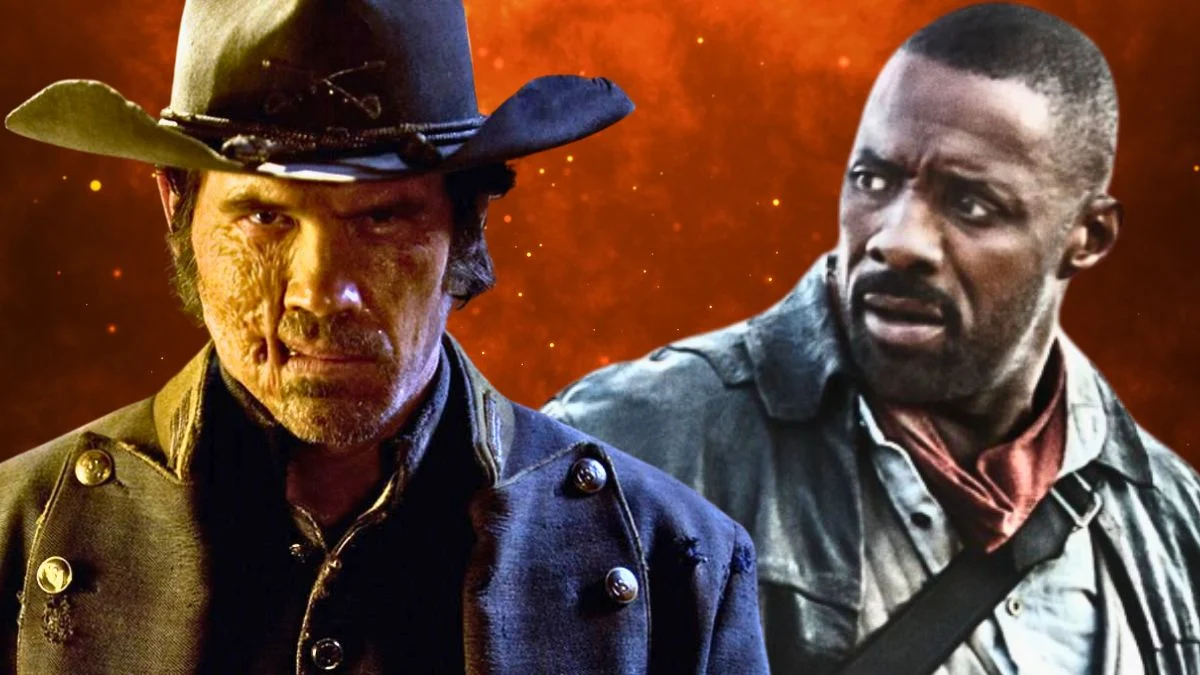
It’s not uncommon for actors to reflect on past projects and discuss why they didn’t quite succeed as hoped. They often point to issues with the script, changes made by the studio, or creative decisions during filming and editing. These insights help us understand how the choices made behind the scenes impact the final movie we see. Here are twenty examples of actors openly sharing their experiences and lessons learned from their own films.
Halle Berry – ‘Catwoman’ (2004)
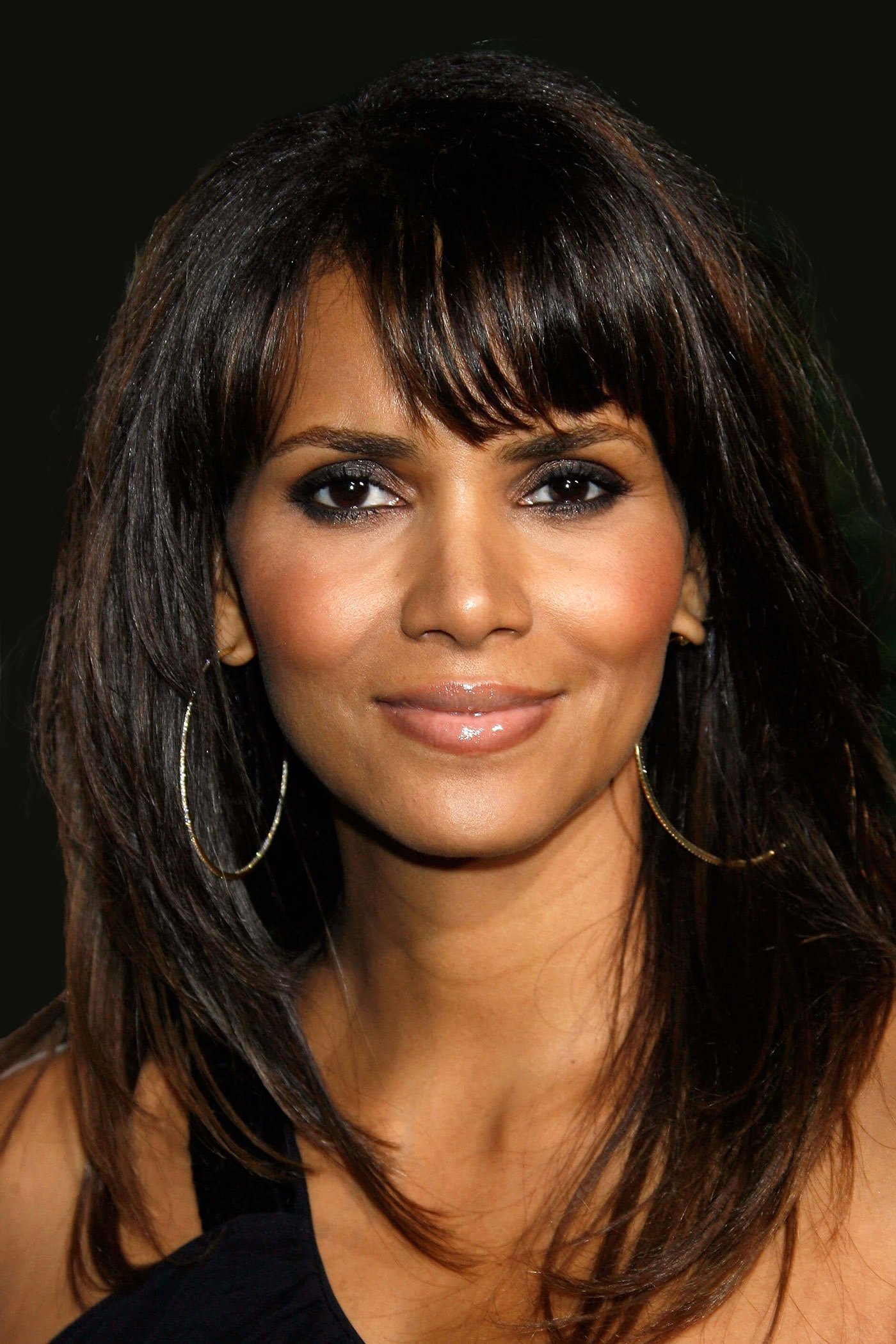
Halle Berry famously accepted her Razzie Award and used the opportunity to discuss problems with the movie’s script and how the character was developed. She felt the story relied too much on superficial details and lacked a strong, central storyline. Afterwards, reports emerged about significant reshoots and changes in the film’s overall tone. Berry has since stated that this experience led her to focus on working with more talented and collaborative creative teams.
George Clooney – ‘Batman & Robin’ (1997)
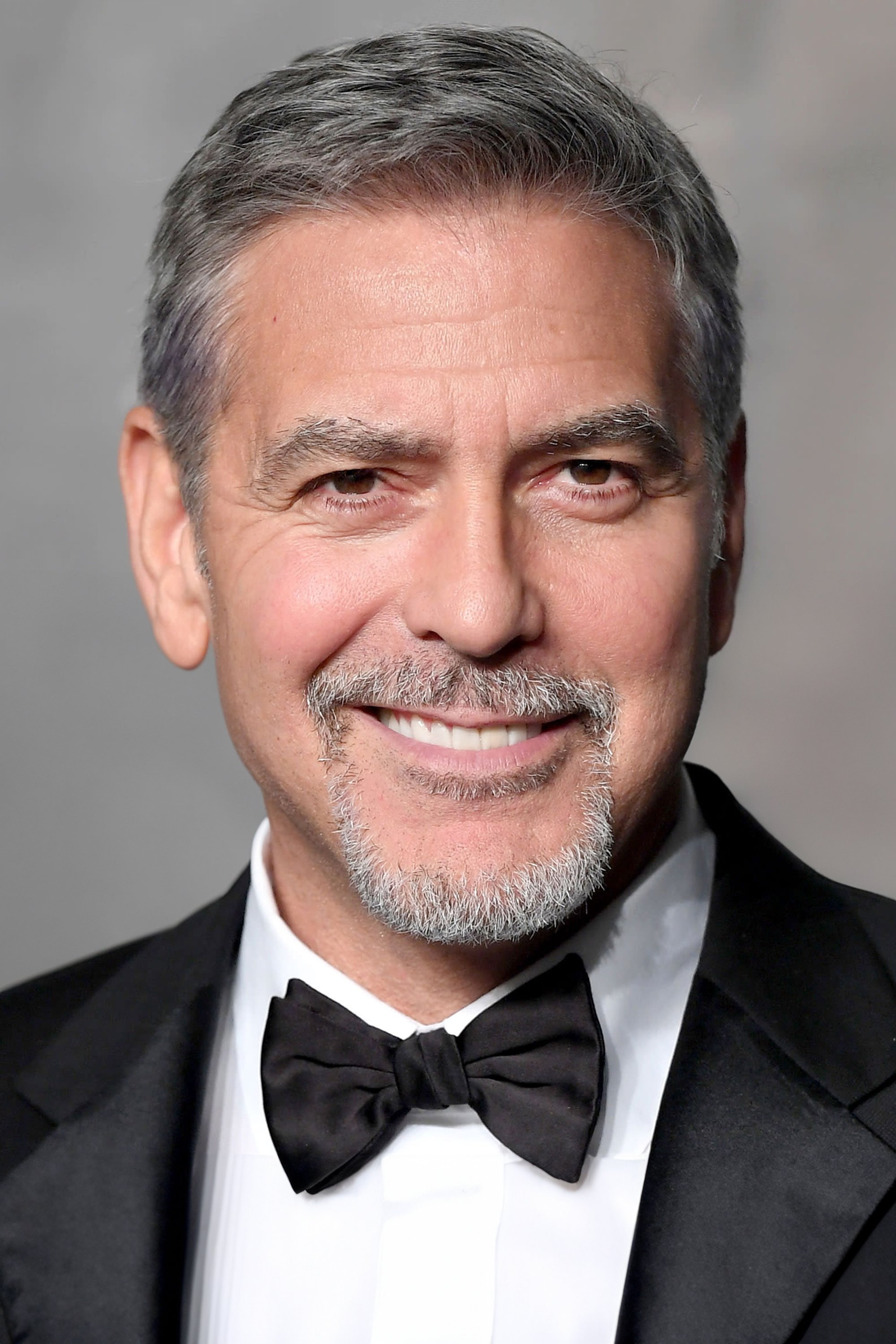
George Clooney has admitted the film didn’t quite hit the mark with audiences and takes responsibility for its over-the-top style. He’s explained that the focus on a campy tone overshadowed the characters and made the story confusing. He now uses this experience as a reminder to choose projects with a clear, consistent creative vision, and he’s publicly apologized for how the film was received.
Ryan Reynolds – ‘Green Lantern’ (2011)
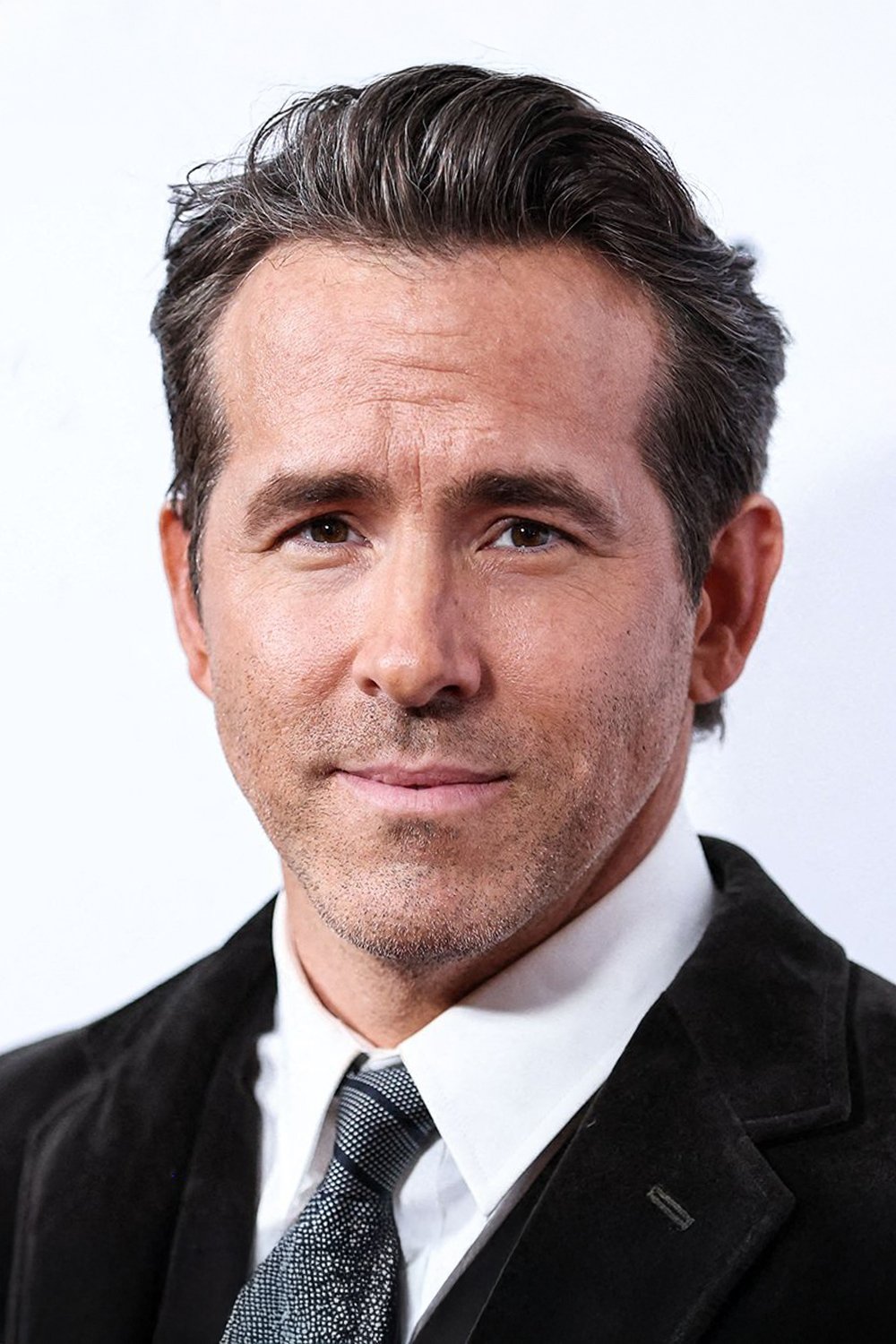
Ryan Reynolds has often playfully criticized the movie, explaining that too much focus on visual effects overshadowed the development of the characters. He felt that decisions about the digital costumes and creating a massive world detracted from the story. This experience led him to advocate for stronger scripts and a more focused vision when working on other superhero films, and he now actively uses his influence to prevent similar issues.
Mark Wahlberg – ‘The Happening’ (2008)
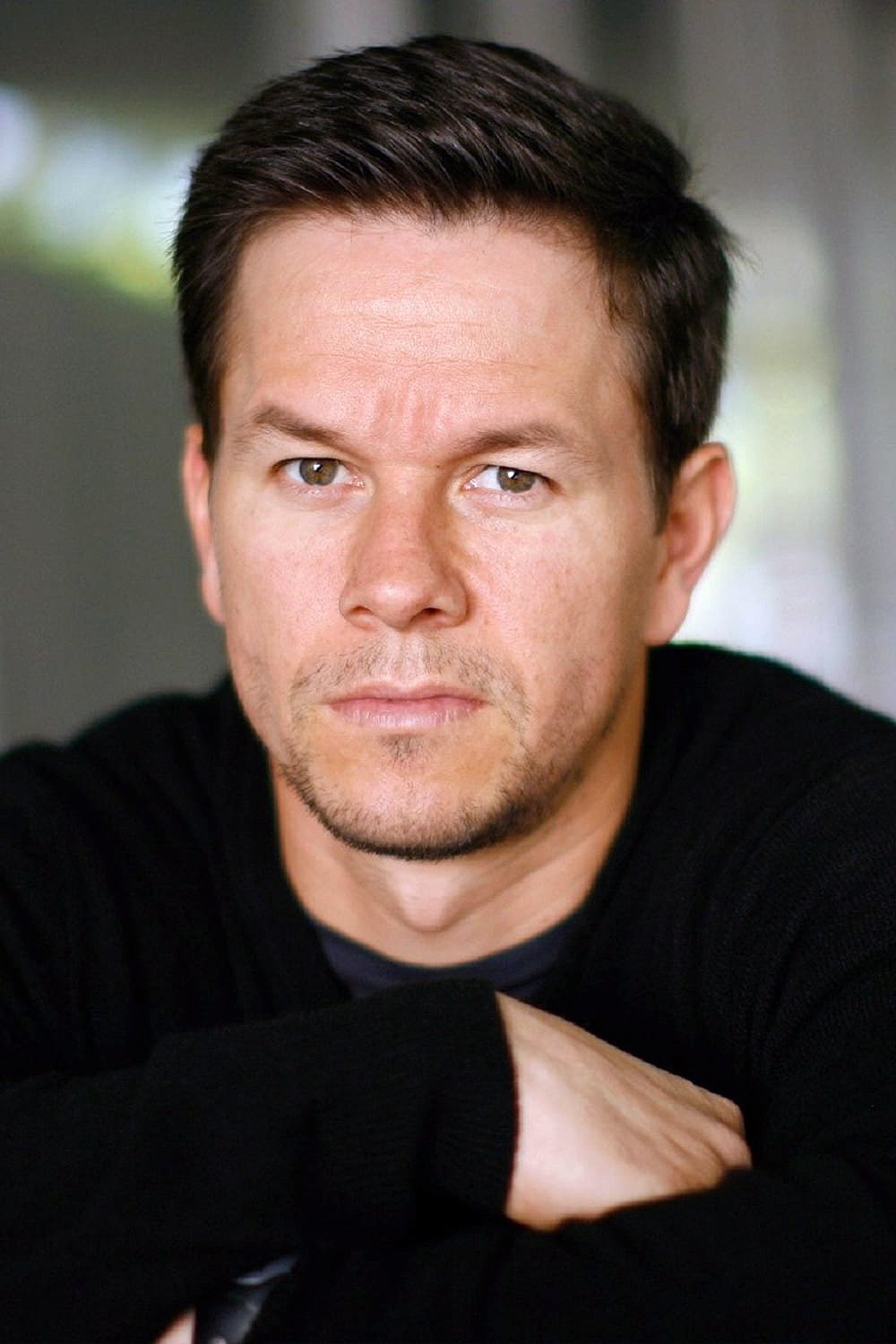
Mark Wahlberg has admitted he found the movie’s overall feel and the way characters spoke difficult to work with. He felt his acting style didn’t quite fit the script. He now emphasizes the importance of thoroughly researching a project – especially genre films – and asking plenty of questions before agreeing to participate, using this experience as a learning lesson.
Shia LaBeouf – ‘Indiana Jones and the Kingdom of the Crystal Skull’ (2008)
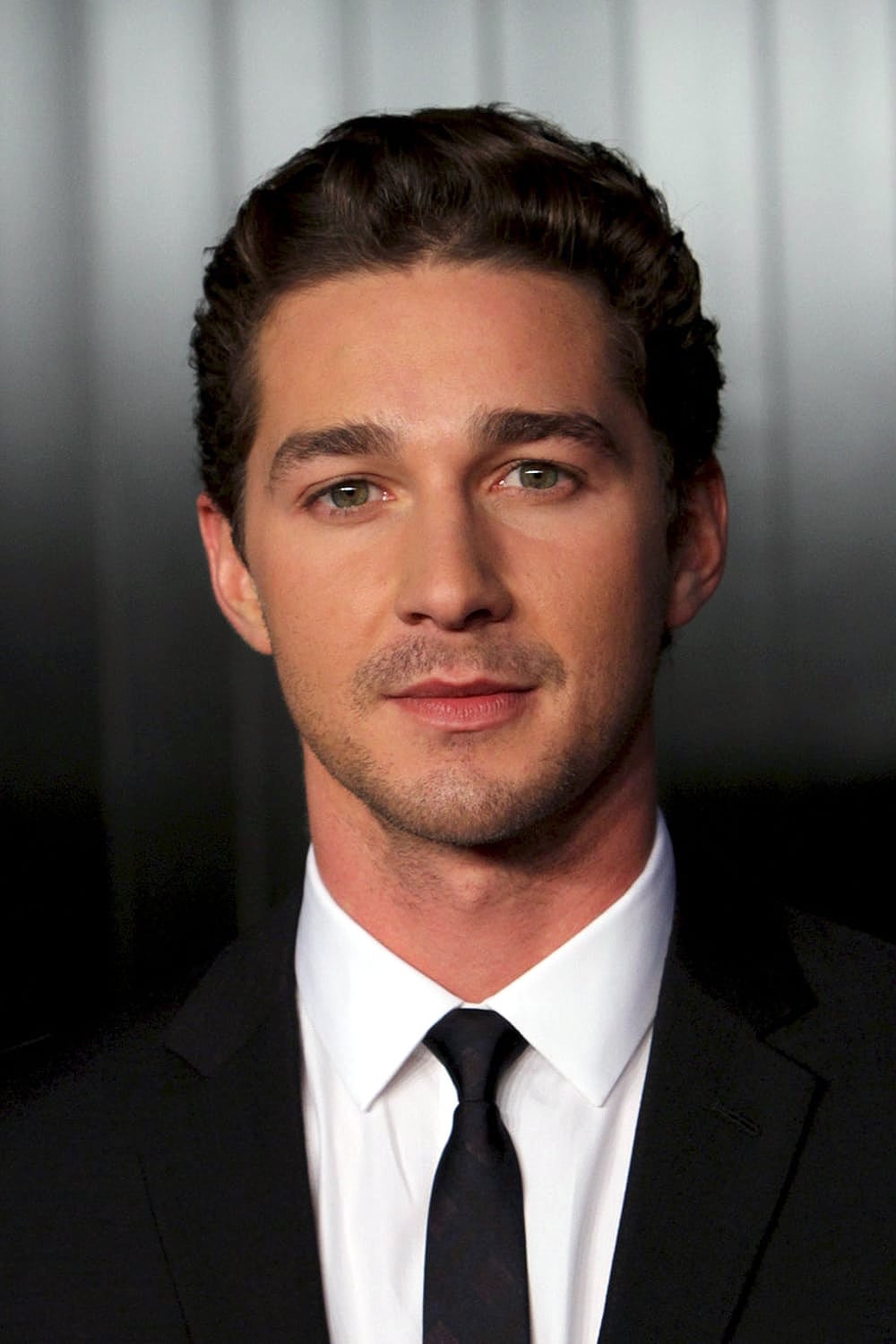
As a big movie fan, I remember when Shia LaBeouf was pretty open about not being thrilled with one of his films, and even said he didn’t think he helped it much. He later talked about having a chat with the director after speaking out during the promotional tour. It really showed me how much pressure actors are under when they’re part of a big franchise – it can definitely influence what they’re willing to say publicly. He’s mentioned since that it’s probably better to keep any criticisms to yourself while the series is still ongoing, which makes a lot of sense.
Ben Affleck – ‘Daredevil’ (2003)
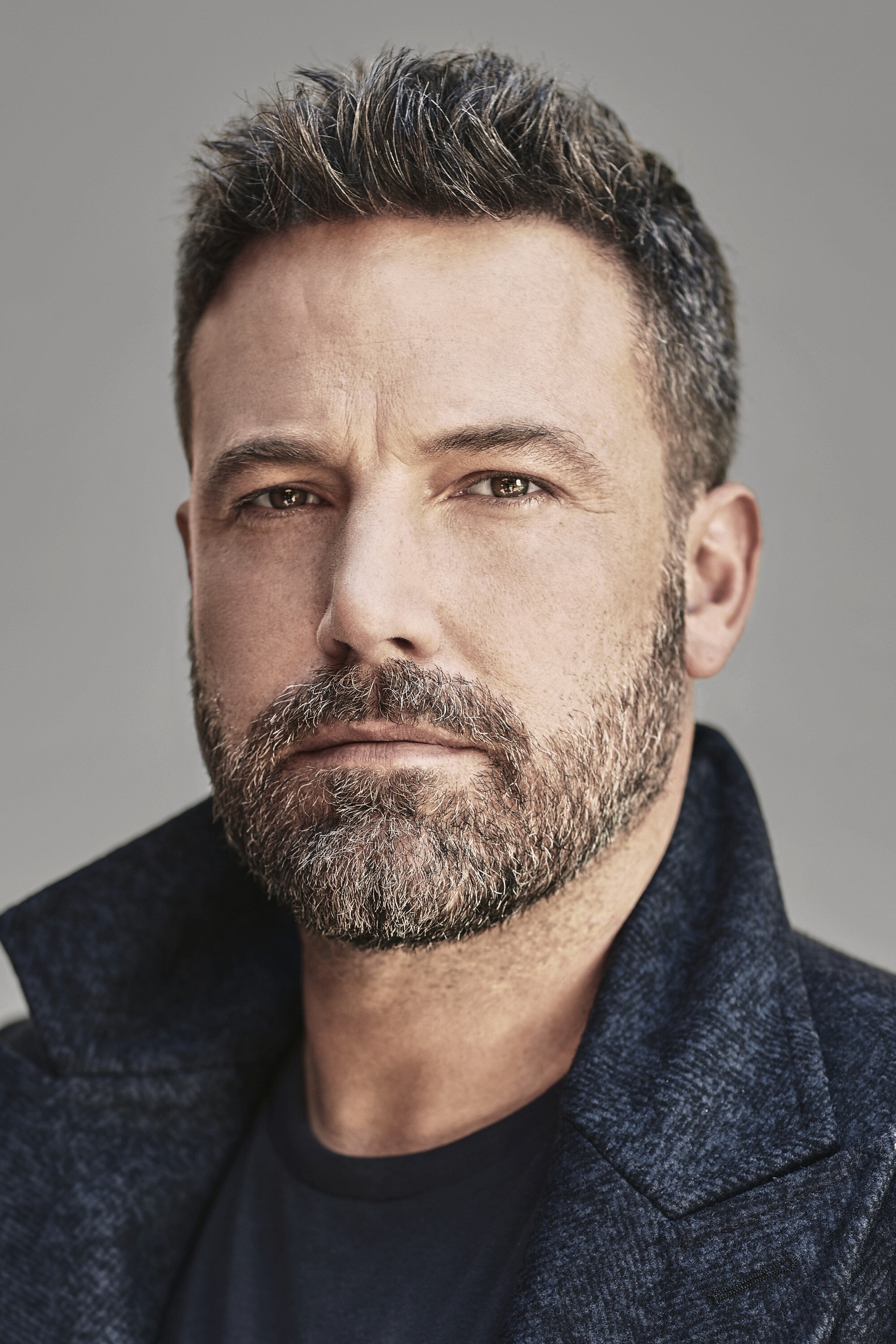
Affleck felt the movie didn’t capture what initially attracted him to the role. He noted that the editing was inconsistent, preventing key emotional moments from fully developing. This experience led him to seek out projects where he had more creative control, particularly over the film’s tone and how it was edited. Ultimately, it sparked his passion for directing stories focused on compelling characters.
Charlize Theron – ‘Aeon Flux’ (2005)
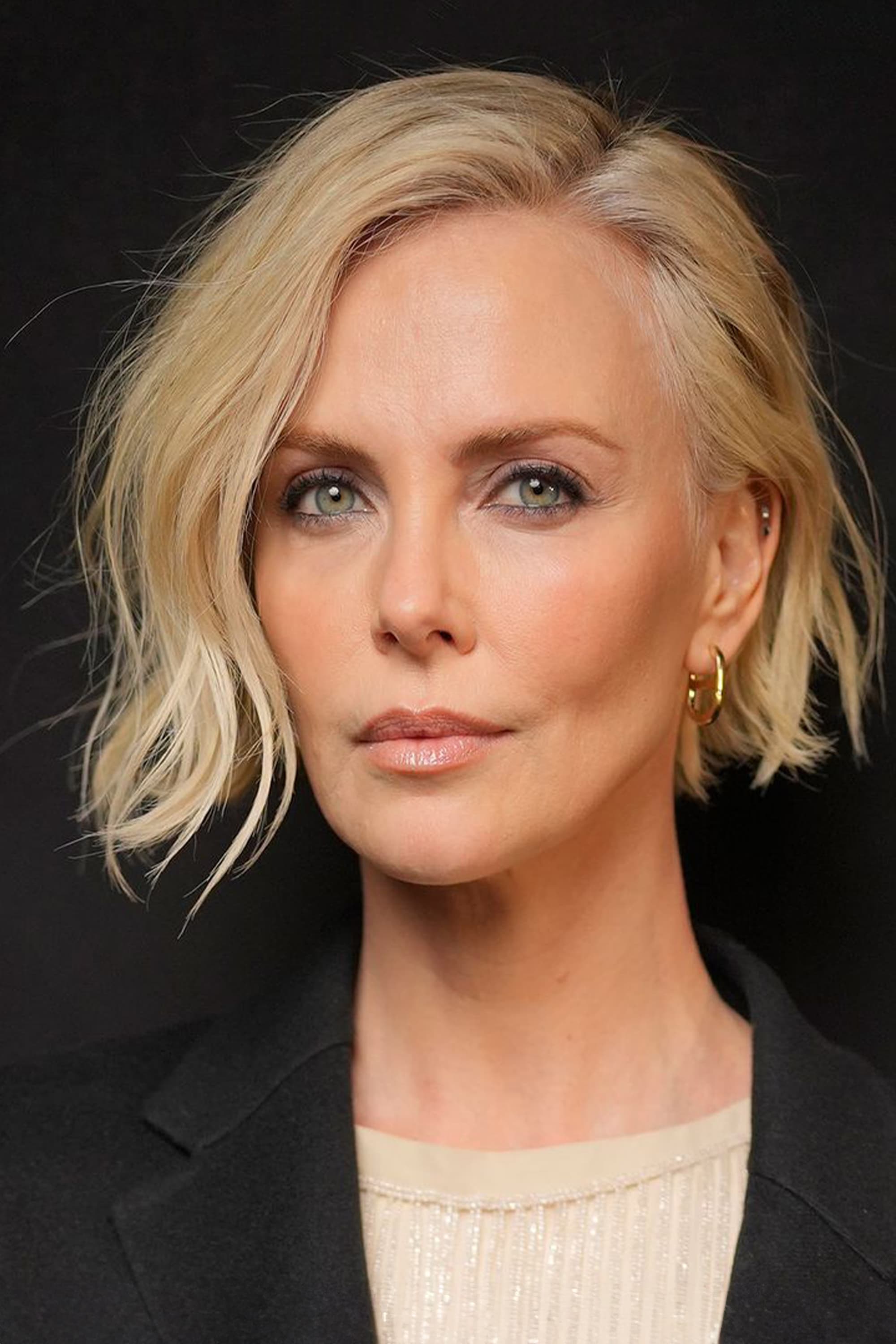
Theron believes reshoots and changes to the film’s original idea weakened its central story. She noted that impressive visuals and action sequences were prioritized over a consistent narrative. The experience ultimately led her to seek out projects with stronger, more focused storylines. She now stresses the value of a director maintaining creative control throughout the entire filmmaking process, including editing.
Channing Tatum – ‘G.I. Joe: The Rise of Cobra’ (2009)
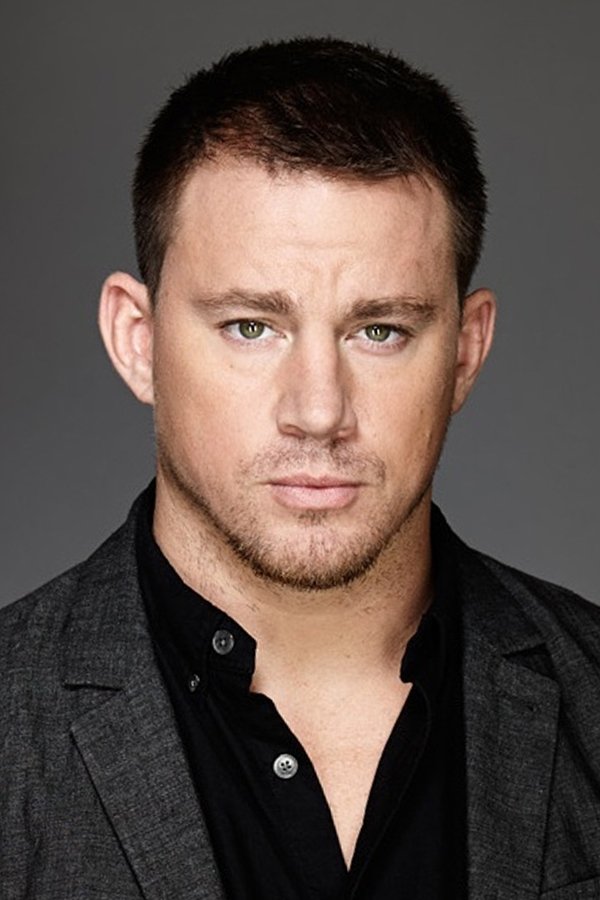
Tatum explained he was contractually obligated to the project, but later felt the story and character development could have been better. He admitted the script and the established franchise format felt restrictive. This experience motivated him to become more involved in the creative process as a producer, particularly on action films. Since then, he’s prioritized projects that align more closely with his artistic vision.
Michael Caine – ‘Jaws: The Revenge’ (1987)
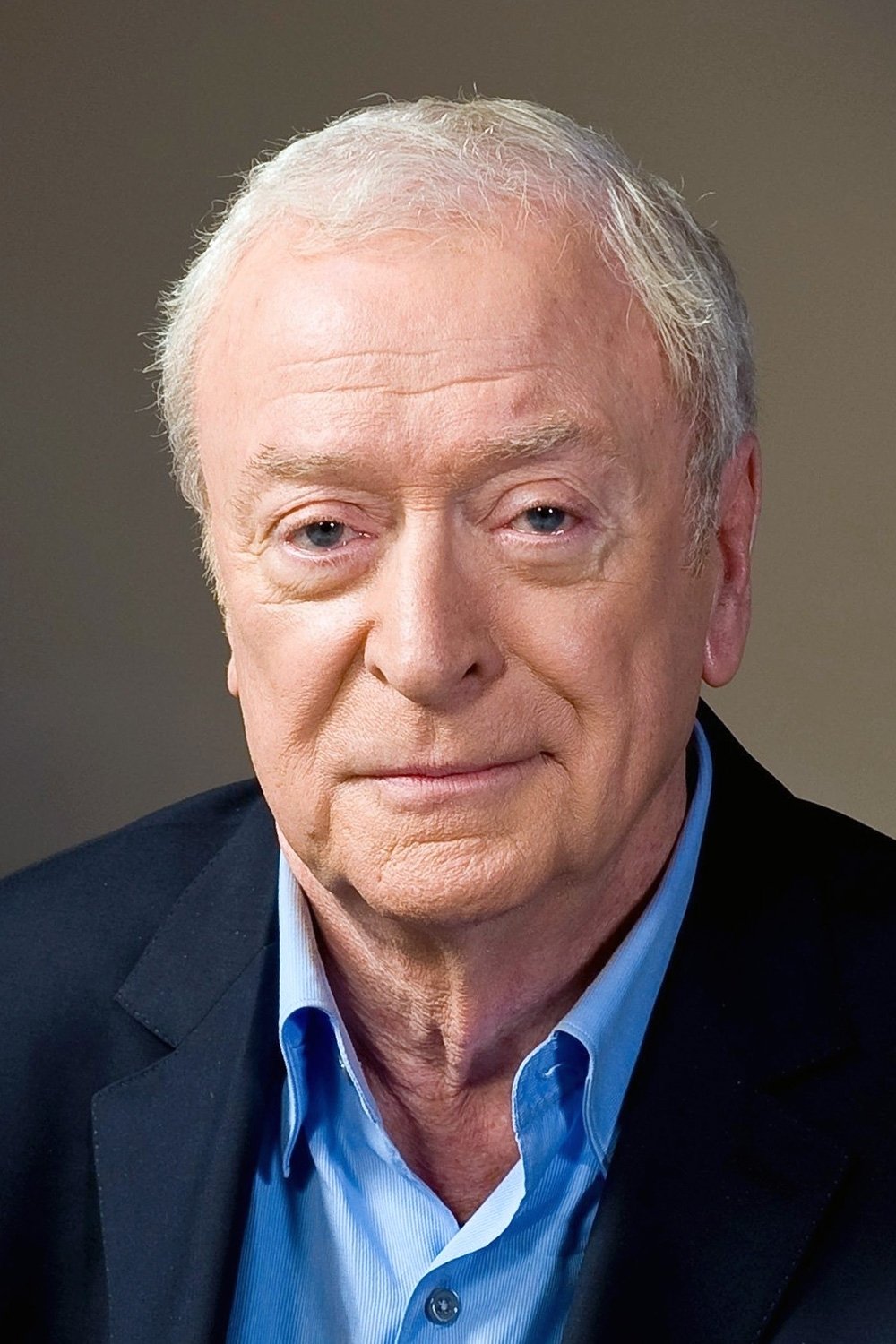
Michael Caine has discussed accepting the role primarily because the production was moving very quickly. He noted the fast pace didn’t allow much time to improve the story, and the film often came up when he was deciding on future projects – especially when considering how timing can impact a job. He frequently compares it to projects where he had more opportunity to develop the script.
Christopher Plummer – ‘The Sound of Music’ (1965)
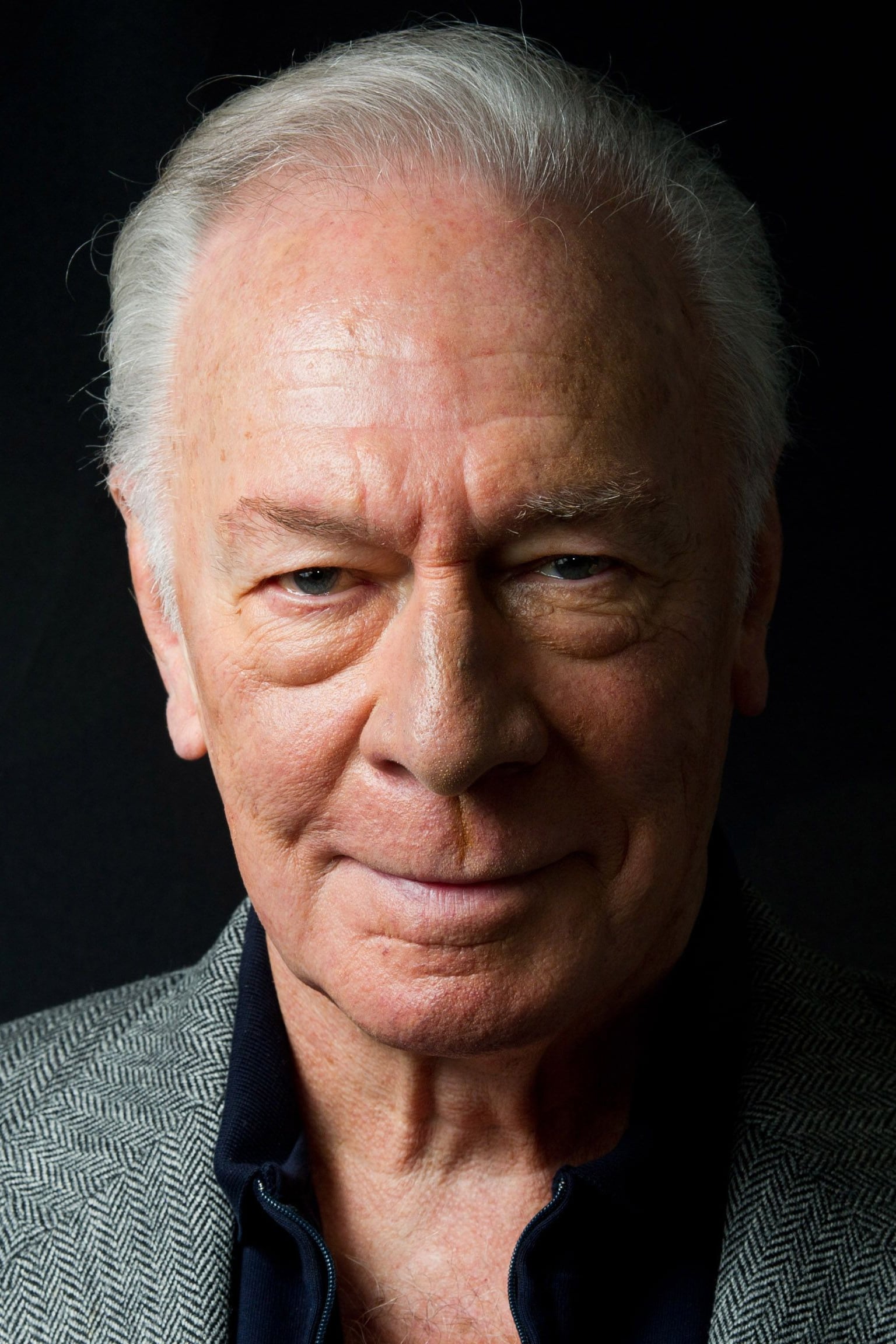
Honestly, when I first heard about ‘The Sound of Music,’ I always wondered what it was like for an actor to be in something so beloved but maybe not quite connect with the story personally. Christopher Plummer felt that way – he found the material a bit too saccharine and struggled to fully believe in it while filming. It’s fascinating though, because over the years he came to respect the making of the film, even if his initial feelings didn’t change. It really highlighted to me how an actor can recognize a film’s importance and the way it resonates with audiences, while still having their own private opinions about the script itself. He eventually admitted he understood why people loved it, and appreciated that connection, but he never pretended to feel differently about the story.
Alec Guinness – ‘Star Wars’ (1977)
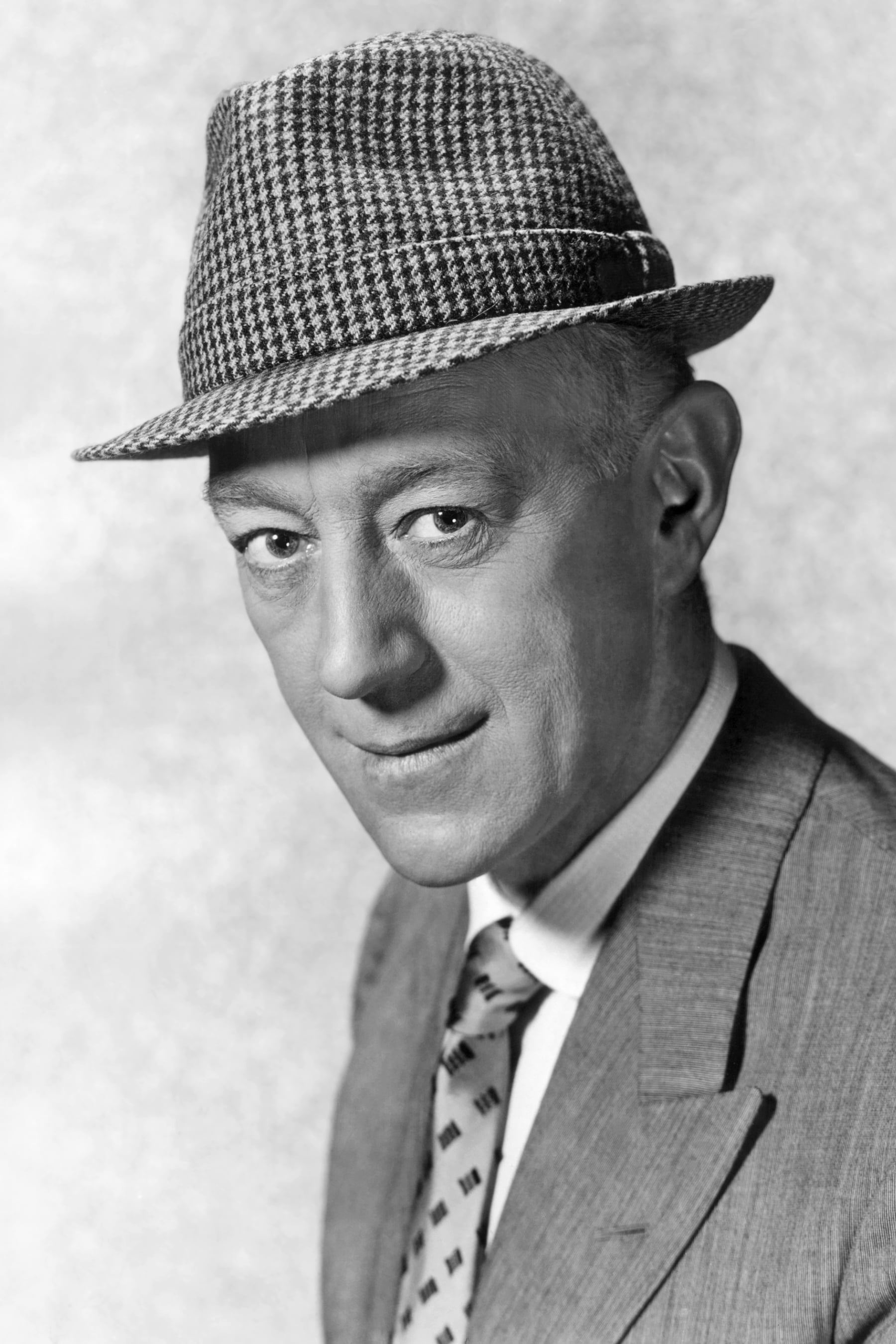
Guinness often spoke about the difficulties he had with the script’s dialogue, feeling it didn’t sound quite right. He advised a young fan to read a lot of different material, which showed his own sensitivity to language. Even though he had concerns, he understood the movie was becoming popular and continued to connect with fans. His experience highlights how the language used in science fiction can be different from what actors are traditionally taught.
Jessica Alba – ‘Fantastic Four: Rise of the Silver Surfer’ (2007)

Alba explained that feedback during reshoots led her to give more subdued performances. She felt this limited her ability to fully express emotion in important scenes. This experience caused her to be more careful about the roles she chose going forward, and she now uses it as an example of how editing and post-production can significantly change an actor’s work.
Idris Elba – ‘The Dark Tower’ (2017)
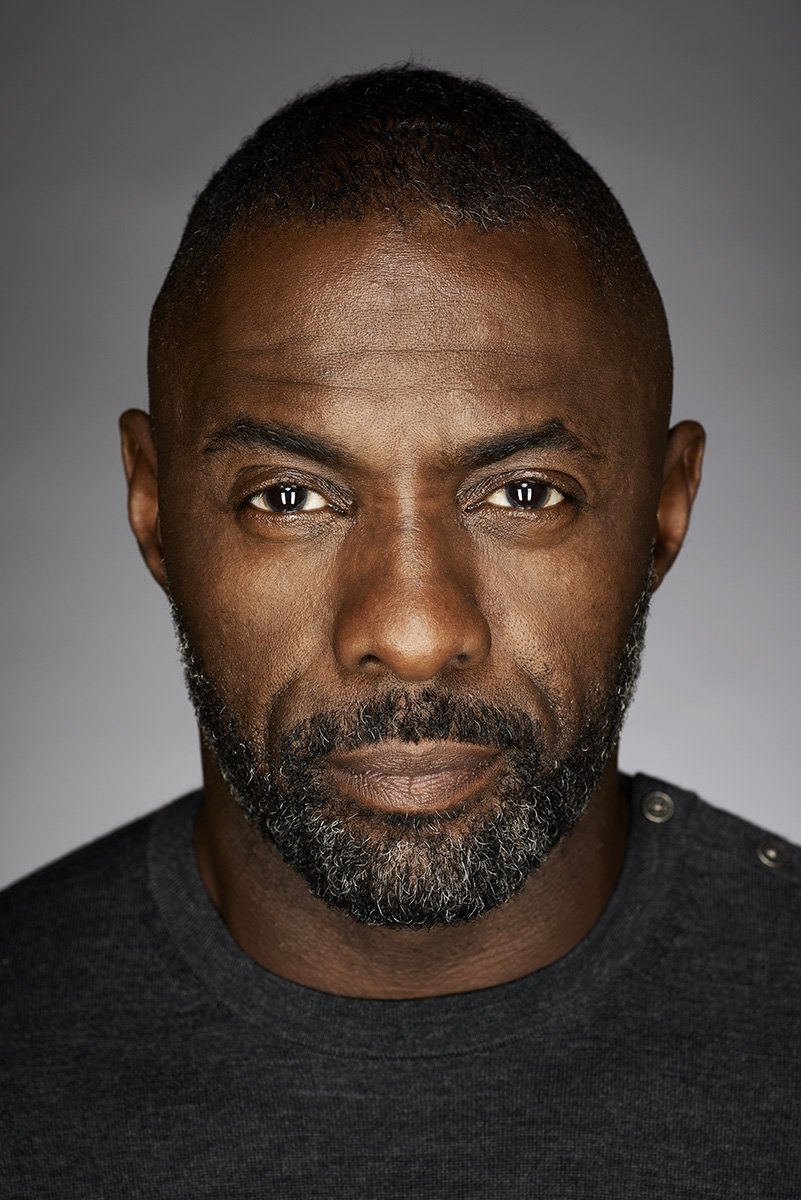
Idris Elba explained that the movie attempted to fit a huge story into one film. He felt that spending so much time establishing the world meant there wasn’t enough focus on developing the characters. Because of this, he now prefers telling big stories over multiple episodes, and believes television is a better format for such projects.
Will Smith – ‘After Earth’ (2013)
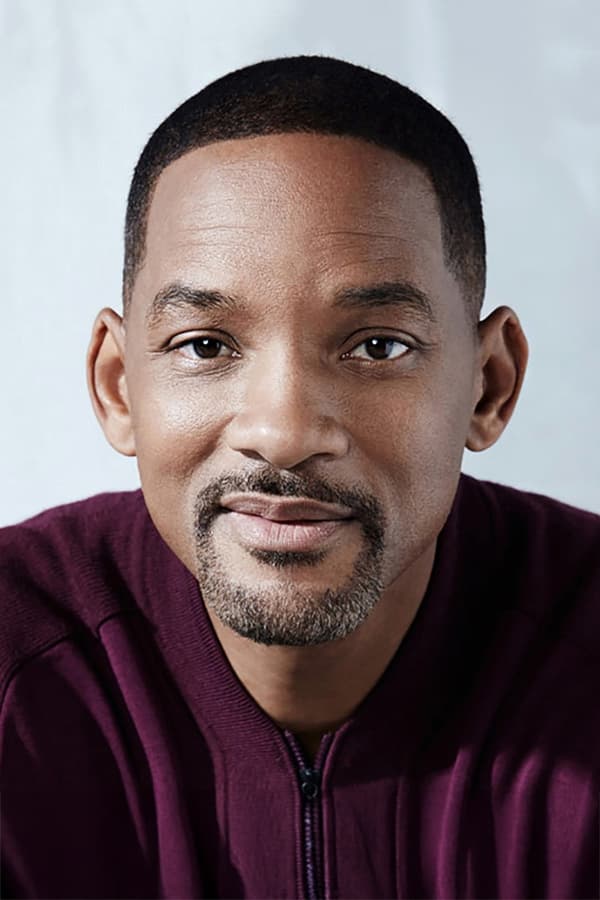
Smith saw the film as a significant disappointment and explained the mistakes made during its creation. He pointed out that the film’s marketing created expectations it couldn’t meet. This experience led him to reconsider how he connects a script’s content with the overall marketing strategy, and he’s now changing how he assesses potential projects.
Jamie Lee Curtis – ‘Virus’ (1999)
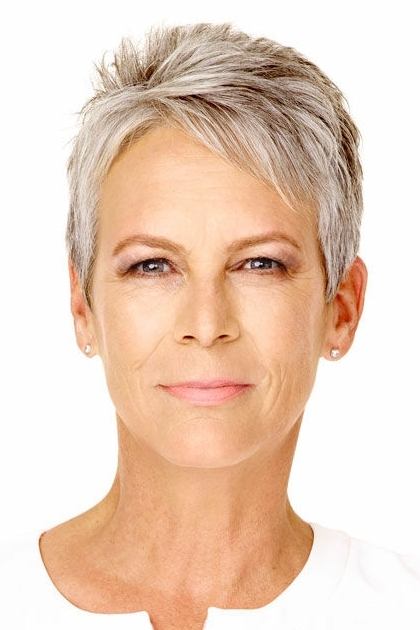
Curtis felt the idea didn’t translate well to the screen, noting that the initial concept seemed weak once filming started. This experience taught her to prioritize stories with more compelling characters and meaningful risks, and it now influences her choices of projects.
Sylvester Stallone – ‘Stop! Or My Mom Will Shoot’ (1992)
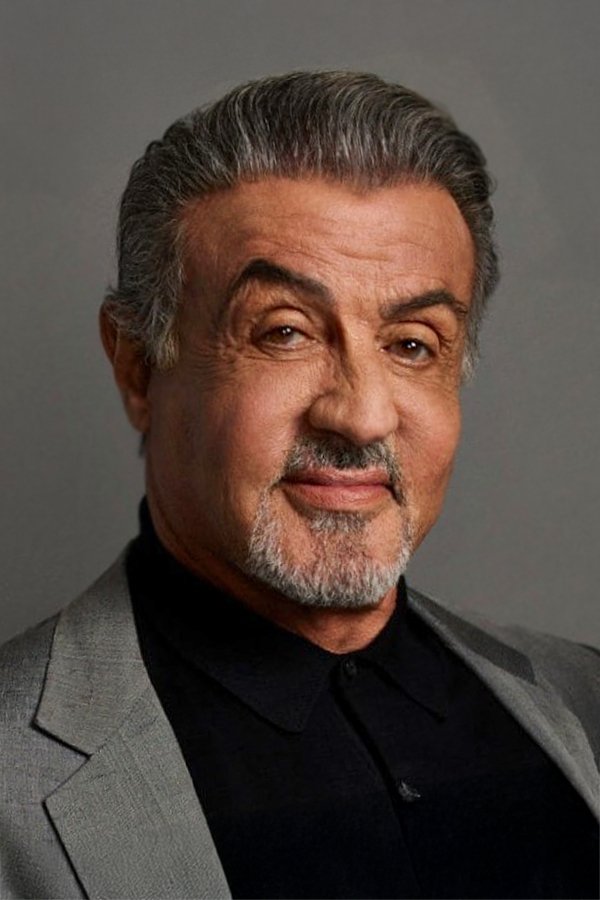
I’ve always been fascinated by how even the biggest stars can stumble, and Stallone’s take on that one comedy is a great example. He’s said himself it just didn’t work – the funny parts on paper didn’t translate to the screen, and honestly, it didn’t really feel like him at that point in his career. It actually pushed him back towards the kinds of roles he was known for, the ones that really played to his strengths. He often talks about it as a lesson in how important it is for an actor’s personality and the movie’s overall mood to really align.
Robert Pattinson – ‘Twilight’ (2008)

You know, I’ve always been fascinated by Pattinson’s career trajectory. He’s openly talked about how tough playing Edward Cullen was, and how the sheer amount of attention made it hard to be real about the challenges. It really pushed him towards wanting to do smaller, more interesting films – the kind where he could take some creative chances. He’s described it like hitting the reset button, and honestly, I think it was a brilliant move for him.
Josh Brolin – ‘Jonah Hex’ (2010)
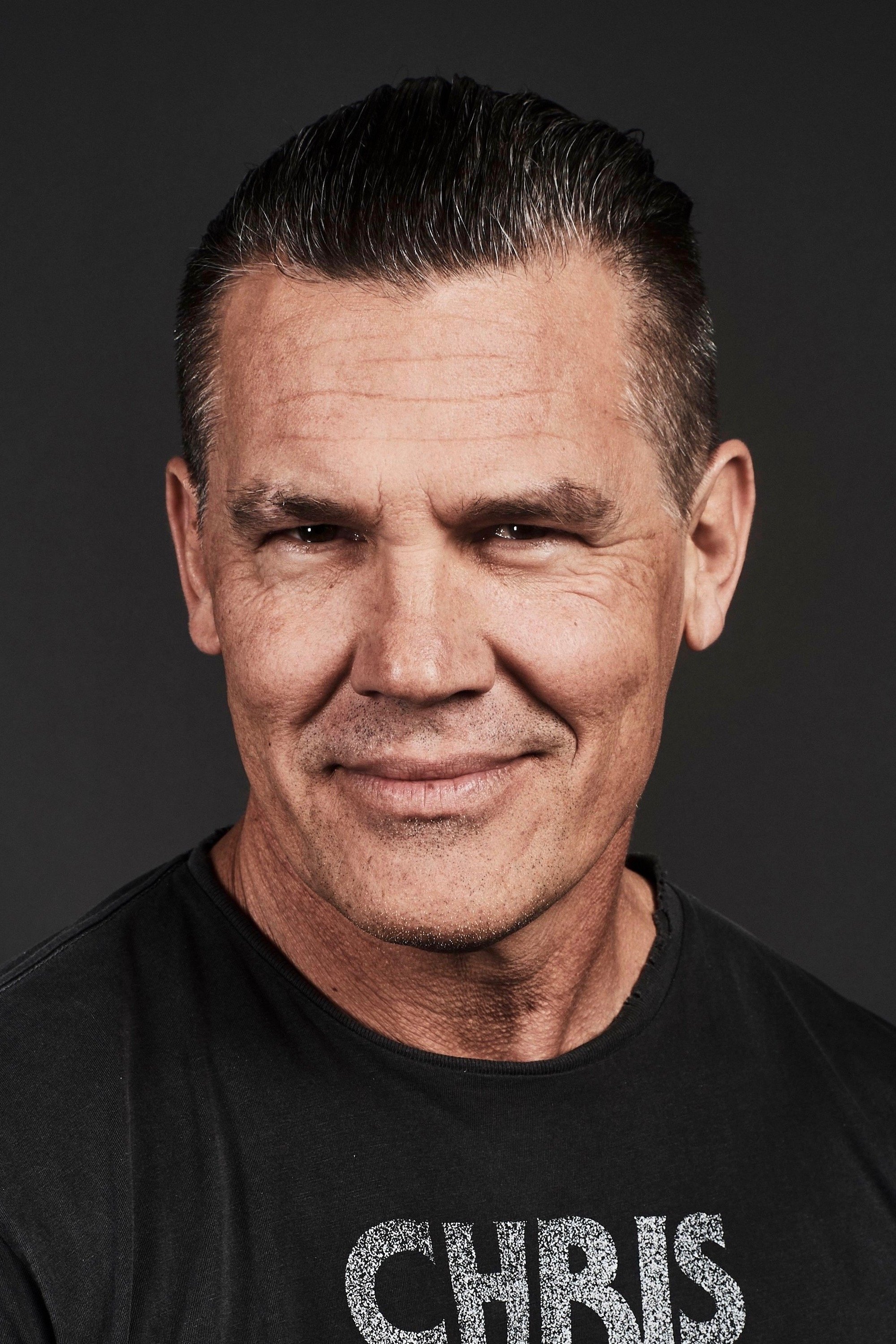
Josh Brolin has explained that constant script changes and behind-the-scenes adjustments made it hard to create a cohesive story. He felt he was always trying to preserve meaningful character interactions as the film’s overall style kept changing. This experience led him to prioritize projects with more stable development. Now, he insists on having a finalized script, a clear vision from the director, and a solid production schedule before committing to a role.
Ewan McGregor – ‘Star Wars: Episode I’ (1999)
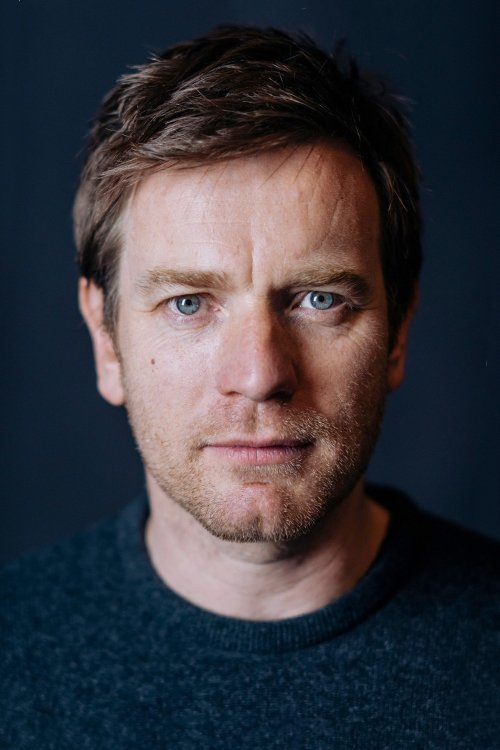
Ewan McGregor found the extensive use of blue screens during filming isolating. While he initially felt frustrated with this, he later admitted those feelings lessened. The experience has since changed how he approaches projects that rely heavily on visual effects, and he now emphasizes the importance of using real, physical sets and props to help actors deliver more believable performances.
Megan Fox – ‘Transformers: Revenge of the Fallen’ (2009)
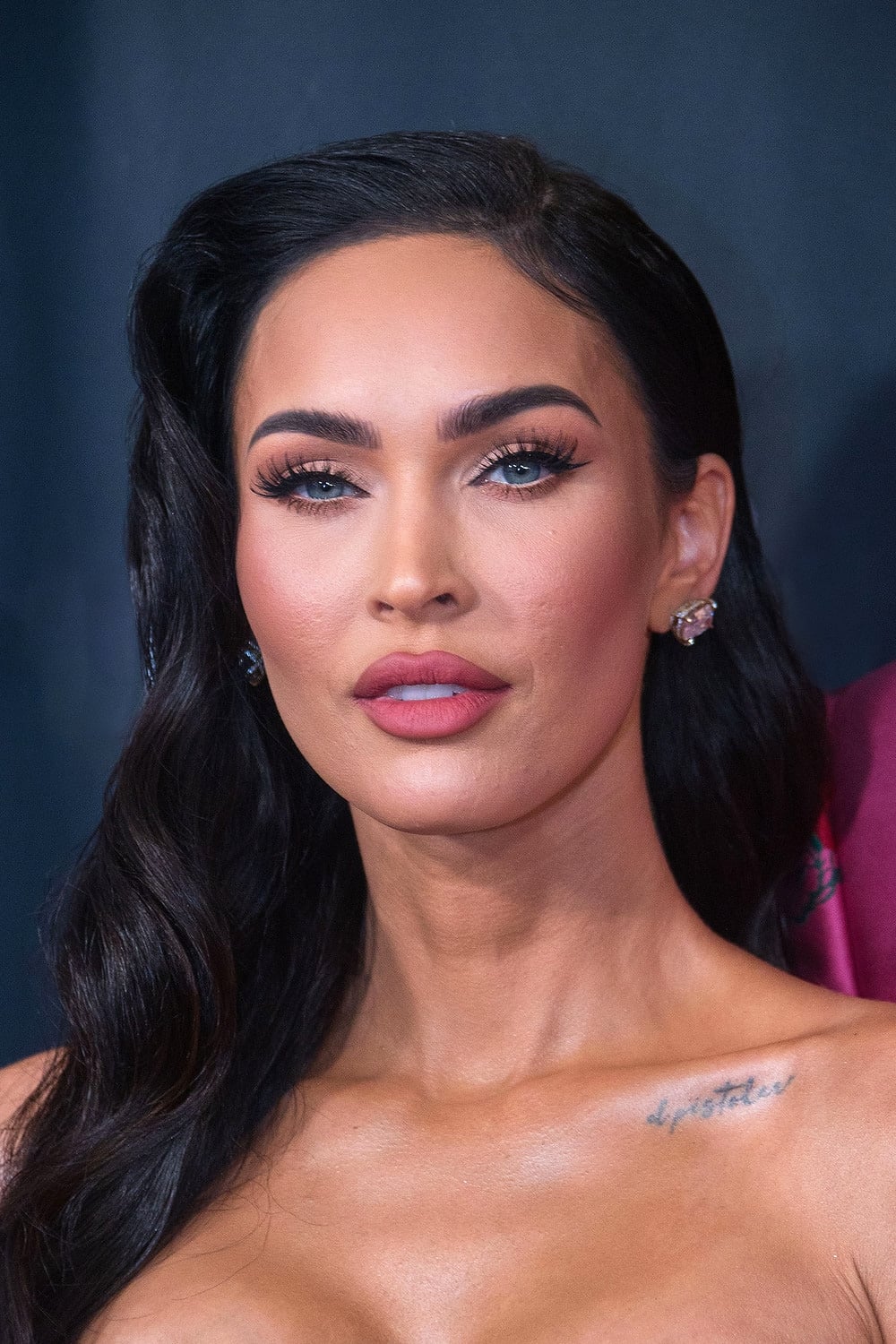
Fox felt the production prioritized impressive visuals over developing the characters. She noted the set was more focused on action sequences than on acting. Her feedback highlighted a common issue with sequels: they often get bigger in scope but lose their emotional core. She also emphasized how important it is for actors and the production team to work well together.
Share which confession surprised you most and add your own examples in the comments.
Read More
- Gold Rate Forecast
- 2025 Crypto Wallets: Secure, Smart, and Surprisingly Simple!
- The 10 Most Beautiful Women in the World for 2026, According to the Golden Ratio
- Top 15 Insanely Popular Android Games
- ETH PREDICTION. ETH cryptocurrency
- HSR 3.7 story ending explained: What happened to the Chrysos Heirs?
- Games That Faced Bans in Countries Over Political Themes
- Did Alan Cumming Reveal Comic-Accurate Costume for AVENGERS: DOOMSDAY?
- Here Are the Best TV Shows to Stream this Weekend on Paramount+, Including ‘48 Hours’
- When Wizards Buy Dragons: A Contrarian’s Guide to TDIV ETF
2025-11-01 18:18